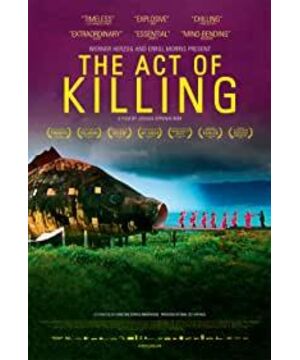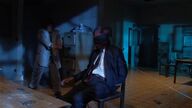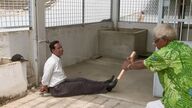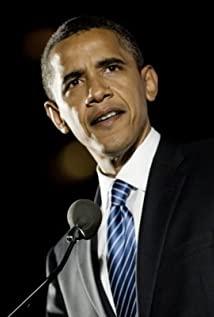This documentary has been on the list for a long time, and there has never been an opportunity that made me want to watch it immediately. After all, there are too many good movies.
At first, I saw The act of killing in the circle of friends. I thought it was similar to ordinary historical documentaries. Dragging and dragging, an opportunity appeared.
The Nov. 16, 2019 issue of The Economist published an obituary titled "The executioner's song", which opened with a more striking introduction to the deceased: Anwar Congo, a perpetrator of the mass killing in Indonesia in 1965- 68, died on October 25th, aged 78. I didn't immediately think of that documentary, but rather was a little confused. From TE's tireless efforts to hold HK for a long time, TW can roughly judge its position by saying that it is nothing more than to hold high the banner of "democracy" and "human rights" and cast aside all "undemocratic" and "anti-human rights" phenomena. Mass killing is not only anti-human rights, it should be called a crime against humanity, and most of the obituary pages introduce people who have outstanding performance or outstanding contributions in a certain field. Anwar Congo monopolizes an entire page with mass killing, which is really incredible.
Of course, historical documentaries have to look back on history, and they can rely on technology and people. Director Joshua Oppenheimer called the executioners together and asked them to make a movie to recreate the scene of the year. The documentary filmed the story behind the scenes.
The executioners in the film cooperated extremely well, probably because they thought it was interesting, chatting about that bloody history, each chatting and laughing. But when the film stops, there's always a big silence, and that's where the punchment starts. When some people argued that the various measures of the year were necessary or fictional, Congo's comrades hit the nail on the head. What they did was wrong, and murder was the worst evil. Congo says that music, alcohol, and drugs can help him get rid of guilt, but in fact, these things can only help him to relieve the inescapable pain that comes from guilt. He sat on the chair where the prisoners sat in the past and felt what he felt. When he was "tortured", he could not help crying; after "suffering", he asked, "Did the people I tortured feel the way I do here?" The question was too simple, and the director Joshua answered without hesitation, "No", Congo probably wanted a little comfort, but this comfort was really worth it to him.
At the end of the film, Congo once again came to the balcony where he demonstrated the murder scene.
After reading The act of killing that night, and then re-reading the article, it turned out to be a good show of killing chickens and warning monkeys. It is God who kills and warns those who do evil but escape the justice of the law. It's not that you don't report it, the time has not come.
View more about The Act of Killing reviews








